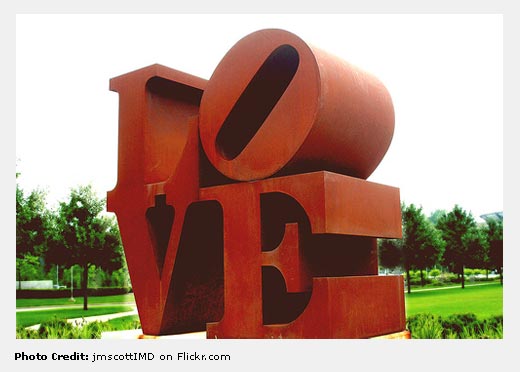
Like many freelancers, I think about money… a lot. I worry that I won’t make enough to pay my bills. I wonder how to balance doing work that I really love and am proud of with the necessity of pleasing clients and appealing to new potential clients. I look around at other people and manically suspect that they’ve discovered some magic secret for guaranteed income that I haven’t.
I’m pretty sure it’s not just me. In my business, I work with lots of other freelancers, solopreneurs, and creative professionals and all those pesky questions keep coming up: How do I set my prices? How should I pitch my services? How can I grow more business? We’re all looking for that magic bullet.
The other day, I saw a definition of Karma that started to challenge some of my thinking.
Karma says that skilful actions produce positive results while unskilful actions produce negative consequences. Actions are skilful to the degree that they are free from craving, delusion and resistance.
I started to think about how this might shape my work – and my marketing. How much does craving, delusion, and resistance taint my work and how much is that limiting how financially successful I could be?
Each term, of course, has a fairly specific definition.
Delusion is fundamentally a false belief in the separation of self and other, of dividing the world into me and everyone else – of us and them. How is us/them thinking limiting my options? Thinking about clients like the enemy (you know the clients I’m talking about)? Worrying about competition?
Likewise, craving goes beyond simple greed. Craving is fundamentally about attachment to a particular outcome. This can be a little tricky to grasp. Most of us wouldn’t bother doing anything if we didn’t desire a certain result from the action: I send in the proposal because I hope to get the job. The desire isn’t the problem; grasping attachment to one outcome is the problem: I’ll just die if I don’t get the job.
How is fixating on particular outcomes blinding me to other possibilities? How could my approach open up if I was more flexible about what success might look like in this particular instance?
Resistance is that pesky refusal to accept the world as it currently is. Like craving, it isn’t a problem to want to change the world, but we must start where we are, facing the world as we find it; as it is, not as we would have it be. So, where am I refusing to simply accept what is as it is – at least as a place to start?
I don’t think there are any simple answers to these questions. I don’t think there is a “5 ways to avoid craving, delusion, and resistance in business proposals.” And in the end, we all have to wrestle with prices, marketing, and business development. But I do think that taking a little time with these questions has the potential for interesting insights and the kind of transformation that can take my work and my life to a whole new level.
—
Ben Kadel (rhymes with bottle) is a social psychologist who specializes in the emotional dynamics of work and work groups. He has spent the last 15 years or so figuring out what it takes to help people do work that is both personally fulfilling and materially successful. He is on a personal mission to convert all the energy that is currently wasted in fear, doubt, confusion and conflict into productive energy moving people towards goals that really matter. He has a PhD in sociology from the University of Wisconsin – Madison and is a founding partner of Emotus Operandi. He is an engaging speaker, accomplished writer and snappy dresser – even if he does say so himself. Website: emotusoperandi.com